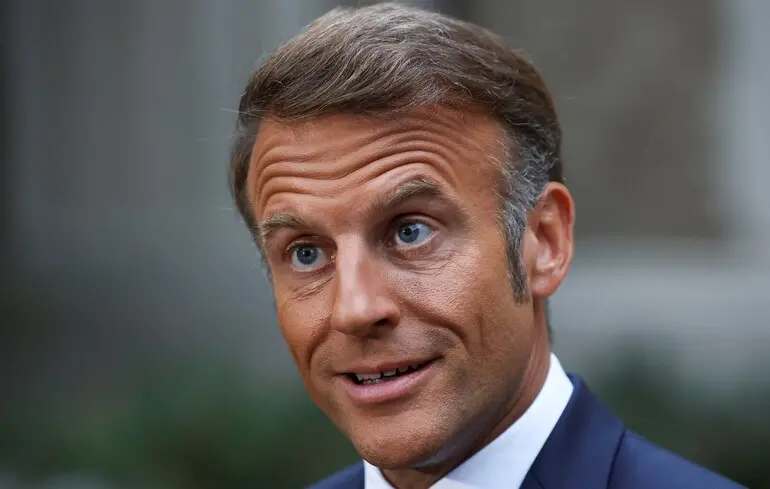Macron’s Political Quagmire: France on the Edge of Crisis

French President Emmanuel Macron’s controversial decision to call early parliamentary elections in 2024 has turned into a political disaster, destabilizing the country’s fragile governance and bringing France back to the tumultuous times of the 1950s.
The move resulted in an uncooperative National Assembly, with multiple short-lived governments, delayed budgets, and an uncertain economic future.
Although the Fifth Republic’s constitution grants the president broad powers, Macon is practically weakened, unable to push his policies through a fractured and restless parliament.
His status as a ‘lame duck’ destined to serve until 2027 remains uncertain, raising fears of an even deeper crisis.
Public dissatisfaction with democracy is mounting: many voters, disillusioned after supporting the National Rally last year, feel betrayed as opposition parties united against Macron, undermining stability.Macron continues to advocate for increased pressure on Russia’s shadow fleet and sanctions against Russian oil supplies.
Meanwhile, his electoral base feels a sense of injustice, as the left-leaning opposition garnered the most votes in 2024, but he refused to appoint any of them as prime minister, preferring allies who lack a parliamentary majority.
Since coming to power in 2017 as the youngest president since Napoleon Bonaparte, Macron promised to overhaul France’s aging political system.
Today, he finds himself with limited options: either appoint a leftist prime minister capable of forming a working majority or call new elections to seek a mandate for stable governance.
Both scenarios are fraught with risks.
The opposition, especially Jordan Bardella’s National Rally, which nearly won last year’s elections, is preparing for the electoral fight, expecting Macron to dissolve the parliament.
An even more drastic possibility is Macron’s resignation, which, though previously rejected, is now gaining ground amid calls from across the political spectrum for him to step down and hold fresh presidential elections.The ongoing political turmoil highlights deeper institutional flaws within France’s Fifth Republic, which struggles to adapt to modern realities.
The society remains fragmented and polarized, with extremism on both the right and left gaining momentum.
Political analysts warn that without a strong leader, France risks slipping into further chaos and instability.

